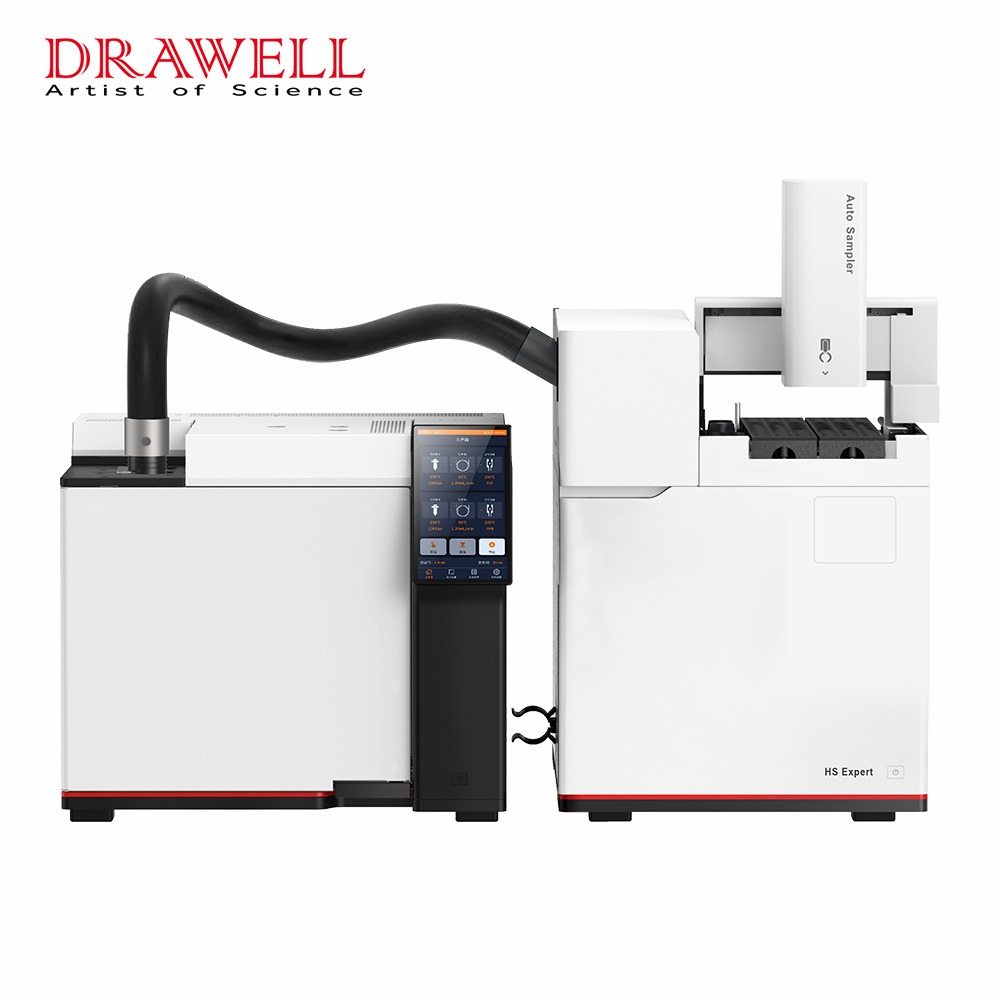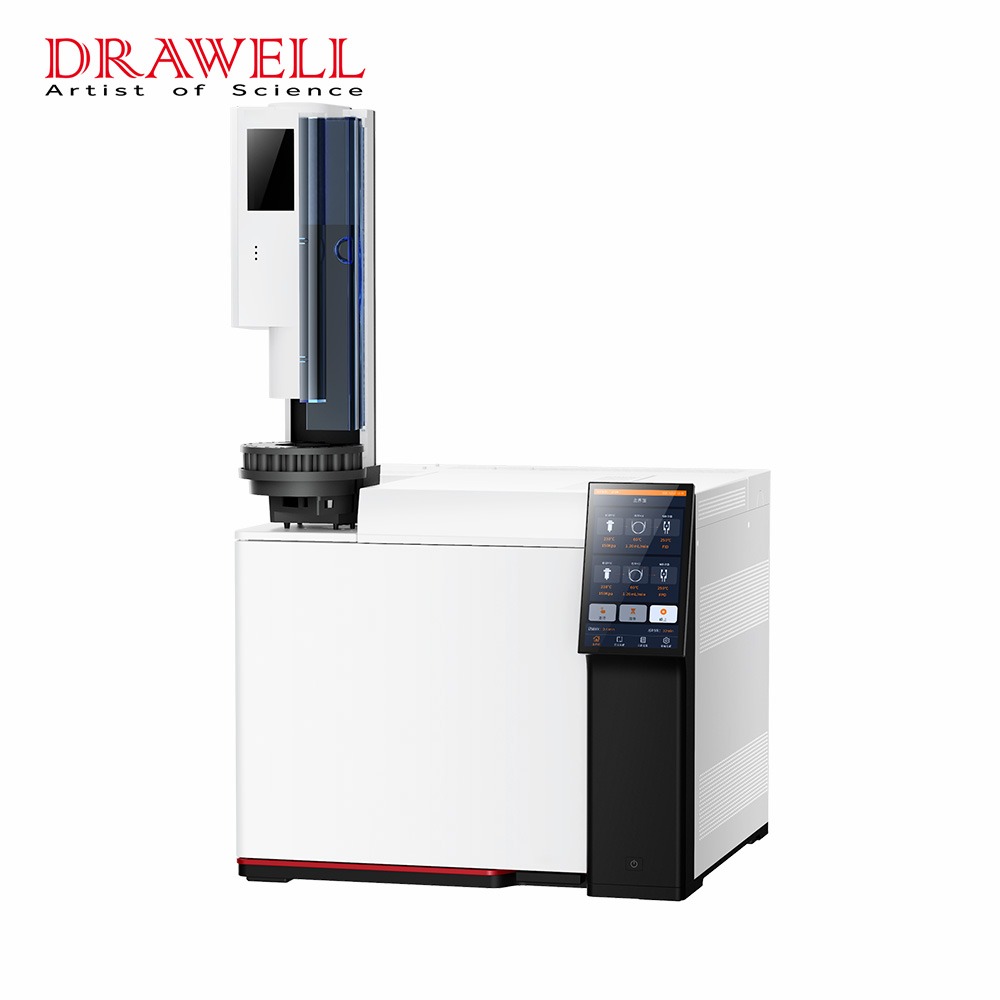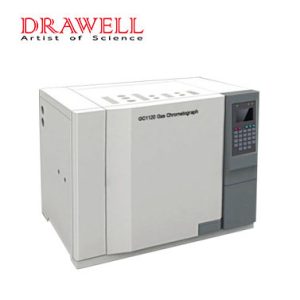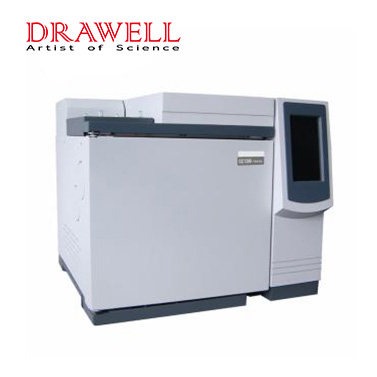Gas chromatography (GC) plays a significant role in pharmaceutical and drug analysis by providing a reliable and sensitive technique for the separation, identification, and quantification of volatile and semi-volatile compounds. It is widely used throughout the drug development process, including quality control, formulation development, stability testing, and pharmacokinetic studies. Here are 9 key applications of gas chromatography in pharmaceutical and drug analysis.
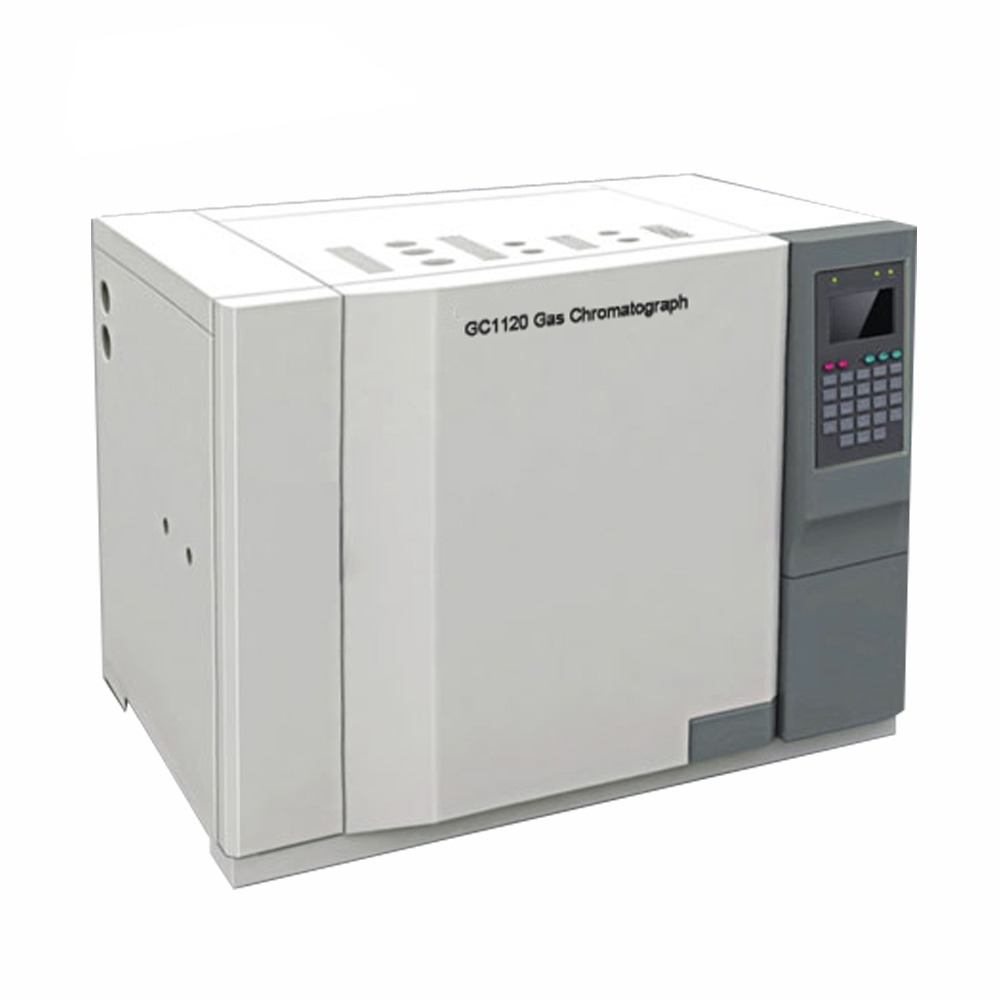
1. Gas Chromatography Application in Impurity Analysis
Gas chromatography is employed to identify and quantify impurities present in pharmaceutical compounds. During drug synthesis, impurities can be formed, which may impact the efficacy and safety of the drug. GC allows for the separation and determination of impurities, including residual solvents, degradation products, and reaction by-products. It assists in monitoring the degradation of drugs over time and under different storage conditions, such as temperature, humidity, and light exposure.
2. Gas Chromatography Application in Drug Formulation Analysis
Gas chromatography is used to assess the composition and stability of drug formulations. It can be applied to analyze excipients, additives, and other components used in the formulation process. Additionally, GC can help in monitoring the degradation of active pharmaceutical ingredients (APIs) and the identification of degradation products.
3. Gas Chromatography Application in Residual Solvent Analysis
GC is utilized to determine residual solvents present in drug formulations. Organic solvents used in the manufacturing process can potentially remain in the final product, and their levels need to comply with regulatory limits to ensure product safety. GC can separate and quantify residual solvents, such as methanol, ethyl acetate, dichloromethane, and others.
4. Gas Chromatography Application in Pharmacokinetic Studies
Gas chromatography can be employed to analyze drug concentrations in biological samples, such as blood, urine, or tissues, as part of pharmacokinetic studies. By extracting and analyzing drug metabolites and parent compounds, GC helps in understanding the absorption, distribution, metabolism, and elimination of drugs in the body. This information is vital for drug development, toxicity assessment, and understanding drug-drug interactions.
5. Gas Chromatography Application in Bioanalysis of Drugs
Gas chromatography is used for the analysis of volatile drugs and their metabolites in biological fluids. It allows for the determination of drug concentrations, aiding in therapeutic drug monitoring and assessing drug metabolism. GC techniques, such as headspace analysis or solid-phase microextraction (SPME), are employed to extract and concentrate analytes from complex biological matrices.
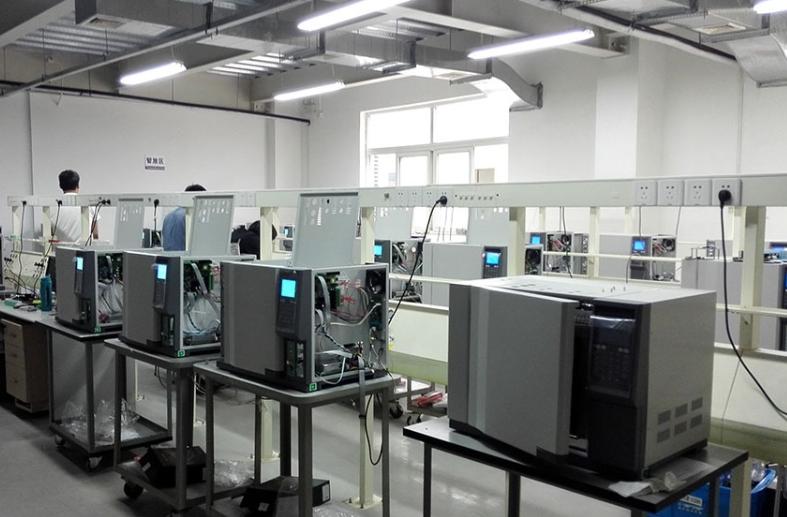
6. Gas Chromatography Application in Forensic Analysis
Gas chromatography is utilized in forensic laboratories to analyze drugs of abuse, such as cocaine, heroin, amphetamines, cannabinoids, and others. GC is often coupled with mass spectrometry (GC-MS) for enhanced identification and confirmation of illicit substances in seized drug samples.
7. Gas Chromatography Application in Extractables and Leachables Analysis
Gas chromatography is applied to assess extractable and leachable compounds from pharmaceutical packaging materials, such as containers, closures, and delivery systems. GC can identify and quantify organic compounds that migrate from packaging into the drug product, ensuring compliance with regulatory guidelines and assessing the potential impact on drug safety and efficacy.
8. Gas Chromatography Application in Herbal Medicines Analysis
HerbaGC is utilized to analyze volatile components present in herbal medicines and natural products. It aids in the identification and quantification of active constituents, such as essential oils, terpenes, and other volatile compounds. GC is often coupled with mass spectrometry (GC-MS) for enhanced compound identification and characterization.
9. Gas Chromatography Application in Pharmaceutical Quality Control
Gas chromatography is an essential tool in pharmaceutical quality control laboratories. It is used for routine analysis to ensure the purity, identity, and potency of drug products. GC techniques, along with appropriate detectors, are employed for batch release testing, stability studies, and assessment of product quality attributes.
In pharmaceutical and drug analysis, gas chromatography offers high resolution, sensitivity, and selectivity, making it a valuable tool for the separation and analysis of volatile and semi-volatile compounds. It aids in ensuring drug safety, assessing product quality, and supporting regulatory compliance in the pharmaceutical industry.

